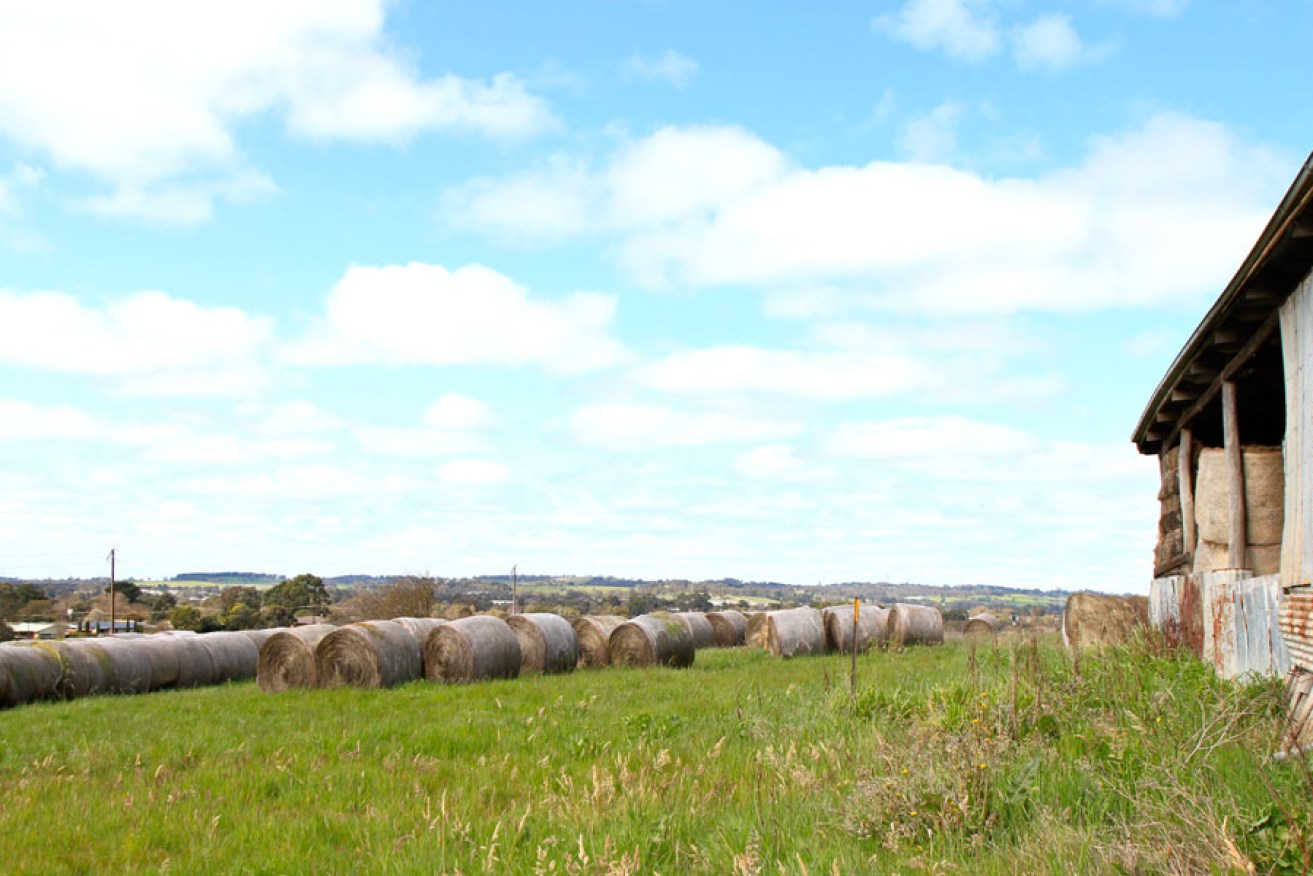The sharp edge of the urban universe


Rural land on the edge of Mt Barker.
From Paech Road in Mt Barker it seems like you can see forever.
The long, straight, sloping road that connects the eastern edge of Mt Barker with the tiny village of Wistow is lined with old red gums. On the western side there are large rural blocks. Looking to the east, from some places, you can see the horizon as the Adelaide Hills slope away to the Murray River and the Mallee in the shimmering distance.
It’s a peaceful spot. But not for much longer.
The reality of Mt Barker’s massive expansion is about to be felt in all its clay-ripping glory.
Bizarrely, to those who know this area out the back of the Mt Barker golf course, the new 1800-lot development to be built east of Paech Road will include townhouses in its mix of housing options.
Fancy a townhouse on the edge of the urban universe?
There’s nary a building to be seen between this side of the town and the horizon. It will be the sharpest of urban edges.
Developer Lanser Communities is promising its “Aston Hills” development will have linear trails, bike paths, “family parklands”, water features and lakes, new shops and space for a new school.
Lanser told The Advertiser that the blocks will range from townhouse sized, to medium and larger options. It’s a long-term project – the first phase will include nearly 500 allotments.
They’re trying hard.
But it won’t be welcomed by most Mt Barker residents.
Even if you weed out the anti-population growth militants and the hardcore development opponents, the sense in the community will be one of unease – and for one central reason: the town, for years the fastest growing inland community in Australia, has already outgrown its struggling infrastructure.
The freeway, which modelling shows as capable of absorbing the projected growth, will funnel hundreds and, eventually, thousands of extra motorists into the bottlenecks of Glen Osmond Road and Portrush Road (for which the Government has no plan).
A promised second freeway interchange is edging closer, but is still subject to baffling political squabbles.
The internal roads of the town are clogged at peak times.
Public transport is inadequate and has deteriorated in recent years, both in the quality and frequency of services.
A new “park and ride” for the town, being completed now, is likely to fill quickly. The first one was chockers from day one.
There are unresolved questions about the provision of wastewater services to the expanded town.
There are unresolved questions about social infrastructure – health services, schools and other community places.
The Government – this one, and the one to come after March 15 – will no doubt make encouraging noises about infrastructure provision.
But these noises won’t placate too many people.
Labor butchered the politics of the Mt Barker expansion from the beginning.
Now retired minister Paul Holloway, who oversaw the massive rezoning of the Mt Barker township, described opponents of his plan as a “noisy minority”. Residents, understandably, became worried that their views would be ignored – and their fears were confirmed when the Government pushed through the rezoning despite overwhelming opposition.
It was a misjudgement that set the scene for years of political pain for the State Government which has never been able to regain lost ground on planning issues.
But, more than that, the community will be uneasy for a broader reason – governments of all stripes have become hopeless at developing long-term plans and following through on their promises.
Modern governments seem almost incapable of navigating the continuously churning political environment, and very complex bureaucratic machinery, to produce and implement sensible, properly coordinated, long-term plans.
In short, no-one believes that infrastructure provision in Mt Barker will flow in good time, despite developers being forced to make a contribution for every block carved up. Very few locals believe the town’s quality of life will be maintained.
The economic upside of development seems almost irrelevant to the debate, but it shouldn’t be.
This project, presuming it sells, will create and sustain jobs and nearby businesses – the golf club, for one – will be the long-term winners.
But the hope of a balanced debate on planning has long been lost in South Australia.
The next Government, of whatever colour, will have a difficult job articulating and implementing reforms to the planning system, which are surely needed.
Disclosure: David Washington was media adviser to Planning Minister John Rau in 2011/12.




